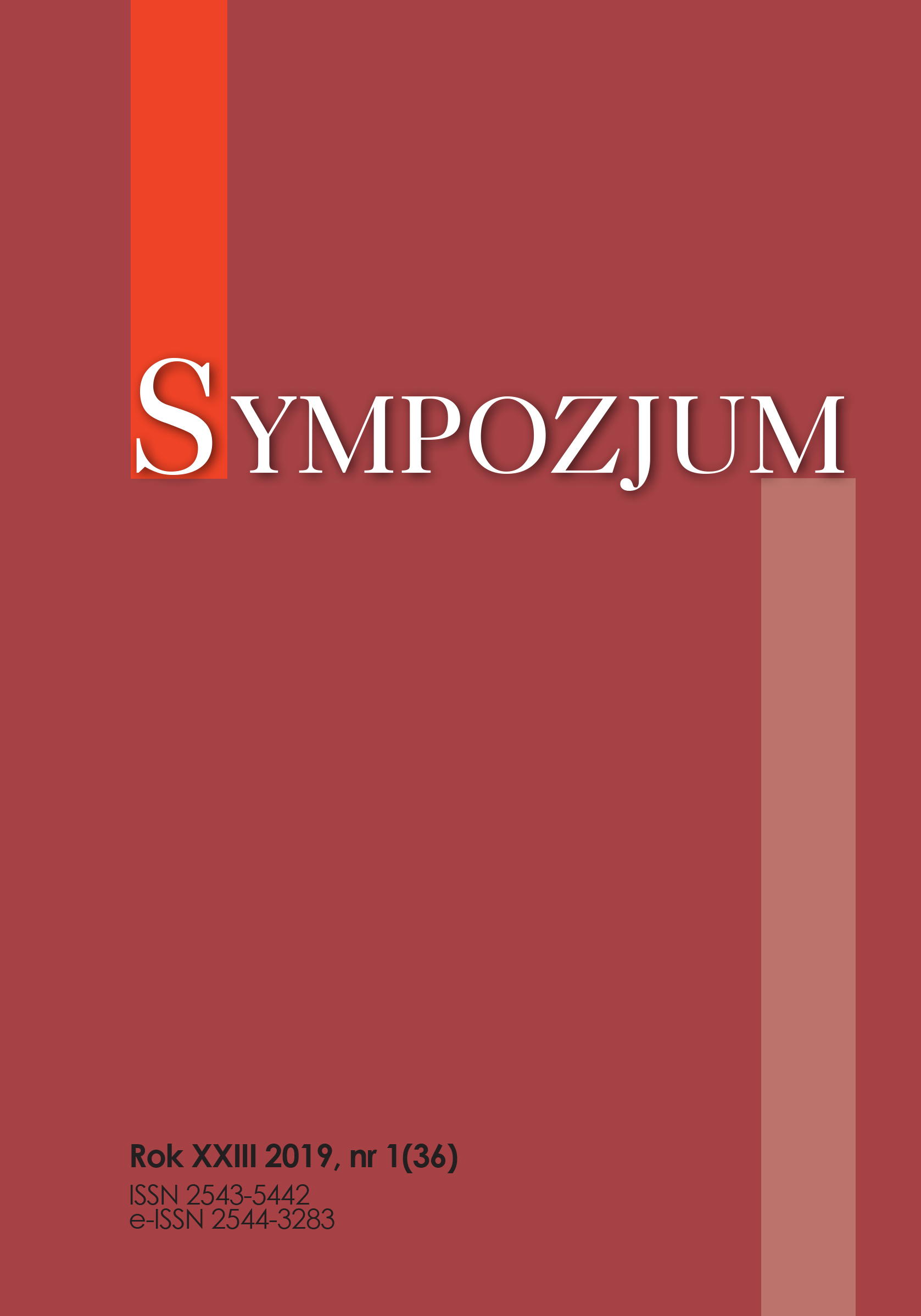Teologia między słowem i milczeniem
Theology between word and silence
Author(s): Zygfryd GlaeserSubject(s): Christian Theology and Religion, Theology and Religion, Systematic Theology
Published by: Wyższe Seminarium Misyjne Księży Sercanów
Keywords: teologia; Bóg; Chrystus; Duch Święty; słowo; milczenie; kontemplacja; hezychazm; apofatyzm; theology; God; Christ; Holy Spirit; word; silence; contemplation; hesychism; apophaticism
Summary/Abstract: Man, as a rational and free being, by his nature, can and should reach the truth, abide through it and all his life based on truth. Truth is a „meeting place” of reason and faith that create a deep and inseparable unity, recognizing at the same time its autonomy in reaching the truth. The rich history of the achievements of the human intellect testifies to the fact that „man has travelled a certain path over the centuries, which led him gradually to meet with the truth and to face it” (FR 1). Due to his nature, man seeks a non-empirical truth with an existential dimension related to the context of his life. It is in the context of truth that reason, and faith do not remain in opposition to each other but create a deep and inseparable unity between them (see FR 16). Although reason and faith form unity, they are, in fact, two different ways of reaching the truth, and at the same time, two different ways of experiencing such relationship. The essential task of theology is the rational service of truth discovered in faith. Its instruments include equally faith and reason. Theology is about trying to understand the relationship between man and the living God and telling about it. Every truth demands its expression, externalization. Statements about God and the relationship between man and God can be different and can take various shapes. Ultimately, however, it is about trying to say what is inherently unspeakable, but in some form, it should be spoken. The most important medium and the sign of theological truth is the word. But it also has different expressions and can be expressed in many ways. Every statement about God is incomplete and partial. It contains an element of paradoxicality resulting from the fact that it cannot be shown in a wholly unambiguous and comprehensive way. God cannot be „shut down”, or „not fit to someone” nor fully express using theological formulas. Each of them is marked by partiality. God is always a mystery to the human mind. The Christian East distances itself from speaking out and interpreting the truths of Christian faith in the form of theological treaties. It also disregards the creation of high religious conceptual systems. Taking over the Byzantine models of thinking, He shaped a type of spirituality with a mystical, liturgical, and iconographic orientation. The contemplation of the mystery is the foreground, not the purely rational approach to it. It assumes that the reflection of the Mystery, the openness to the enlightenment leads to learning without the need to define it. Thus word and silence appear as similar dimensions of theological communication. They follow each other and are completed. They have a common goal: bringing about a genuine dialogue and deepening the closeness of man with God and people with each other.
Journal: Sympozjum
- Issue Year: 36/2019
- Issue No: 1
- Page Range: 31-60
- Page Count: 30
- Language: Polish

